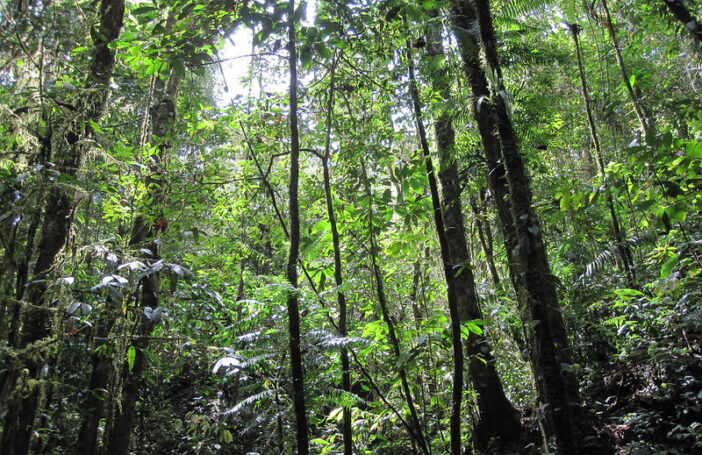Abstract:
The political economy of forest management in Papua New Guinea (PNG) is once again a focus of international attention because private investors and aid agencies are showing a renewed interest in the potential of ‘natural (or nature-based) climate solutions’ to the problem of mitigating the negative impacts of climate change. There is a risk that newcomers to PNG’s forest policy process will fail to appreciate some of the key aspects of the political and economic landscape with which they have decided to engage. This paper aims to combine a summary of the evidence relating to the management of PNG’s native forests with an assessment of the balance of power between the different actors in the forest policy space, the nature of their interests, and the institutions through which those interests are translated into action. The paper also draws attention to some of the key episodes in the history of the policy process that help to explain where it might now be heading. Particular attention is paid to the problems of transparency, corruption and illegality that have been central to debate between the different actors engaged in the process.
Suggested citation:
Filer, C. 2022, ‘Papua New Guinea’s forests back in the spotlight’, Discussion Paper No. 103, Crawford School of Public Policy, The Australian National University, Canberra.


